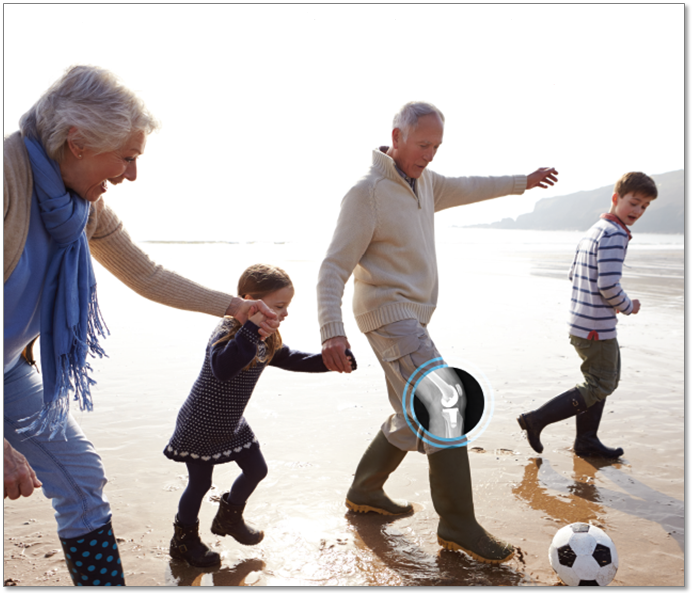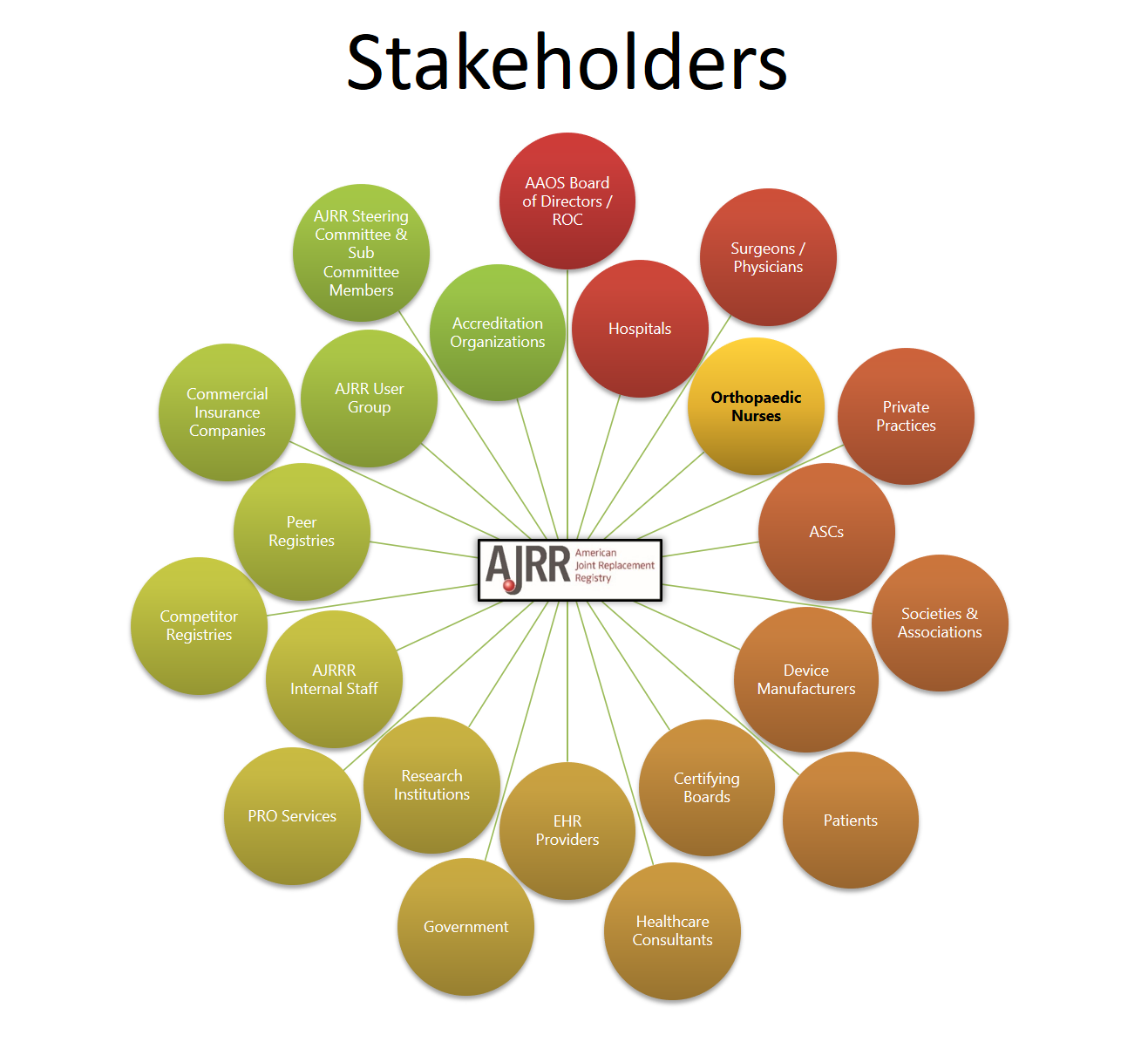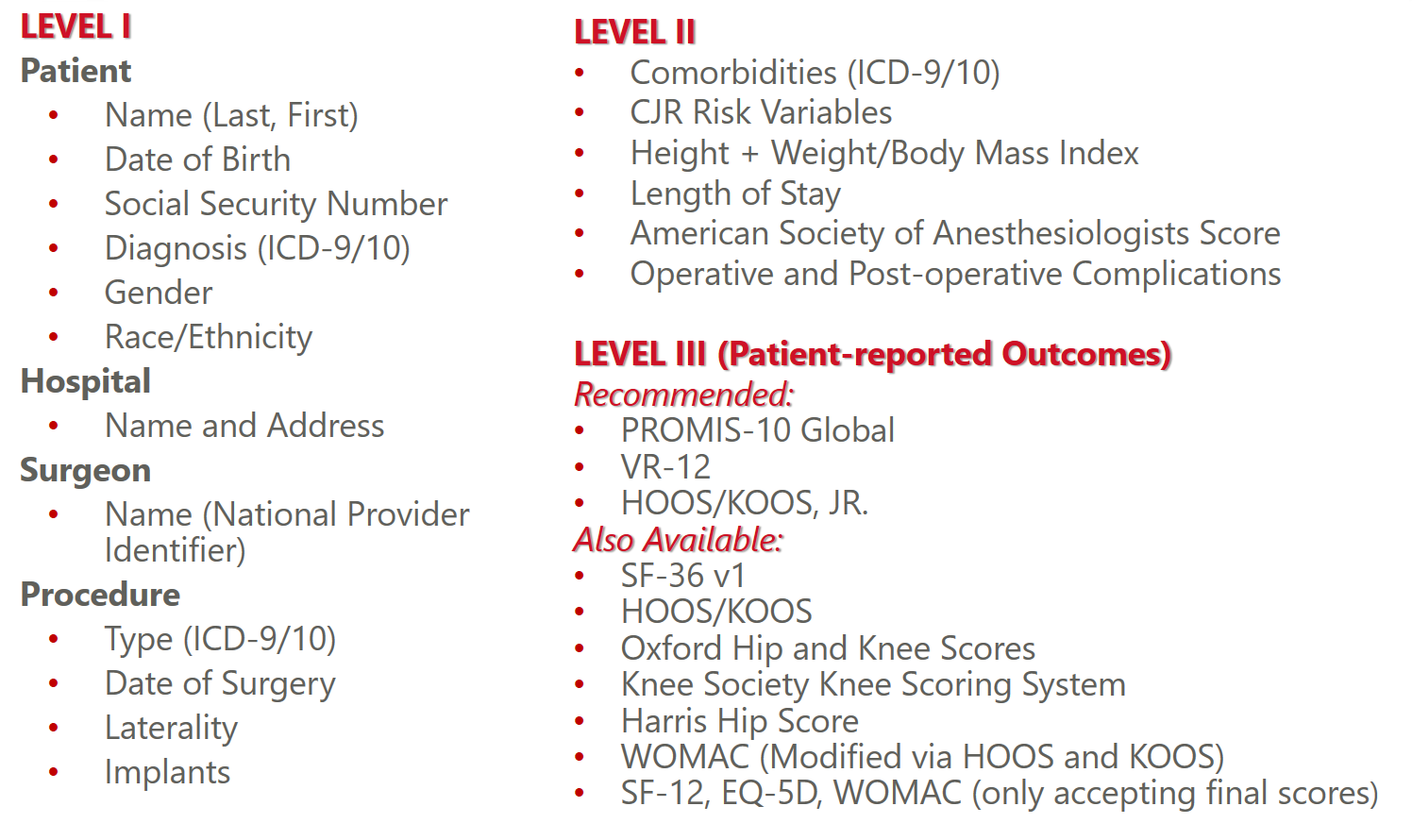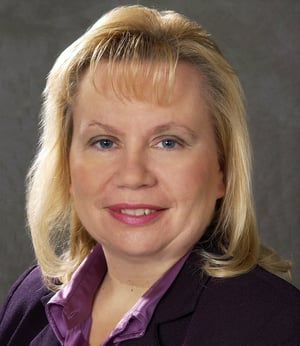
Orthopaedic nurses are important stakeholders in the mission and success of registries. Like other health care practitioners, they improve orthopaedic care through the collection, analysis, and reporting of actionable registry data that contributes to better patient outcomes.
The National Association of Orthopaedic Nurses (NAON) was formed after a meeting convened by Nancy Hesselbach, RN, and Barbara Fiehler, RN, with fellow orthopaedic nurses at the American Academy of Orthopaedic Surgeons (AAOS) Annual Meeting on March 8, 1980 and incorporated April 14, 1980 in Missouri. NAON's mission promotes orthopaedic research, education, and nursing practice. At their 38th Annual Congress on May 19-22, 2018 in Albuquerque, New Mexico, educational offerings about registries will include presentations from both AJRR and the American Orthopaedic Association (AOA). Today's blog provides a preview of presentation content that helps fulfill NAON's mission, along with making a difference to hospital, physician practice, and nursing quality improvement.
AJRR Speaks at NAON
This year, the American Joint Replacement Registry (AJRR) will participate at NAON as an exhibitor (Booth #508) and presenter. AJRR Business Development Manager Phil Dwyer will present "What's the Buzz About Registries?" The presentation offers stakeholders a primer on registry history, capabilities, nursing involvement, plus AJRR's role as the largest orthopaedic registry in the U.S. and a leader worldwide. The Registry has collected more than 1,000,000 procedures from 1,071 facilities and 10,200 surgeons. AJRR is part of the AAOS Registry Program.

Mr. Dwyer will explain how AJRR and other Centers for Medicare & Medicaid Services (CMS) approved Qualified Clinical Data Registries (QCDRs) deliver value through:
- National performance benchmarks
- Access to on-demand hospital-specific and health system-wide quality reports and dashboards
- Tracking and monitor outcomes
- Reducing complications and revision rates
- Increased transparency
- Surveillance alerts for poorly performing implants support of quality initiatives
- Monitoring actions that improve patient care
- Improving value-based payment eligibility
- Collecting patient-reported outcomes (PROs)
"Managing the collection and analysis of PROs is a registry initiative for which nurses are uniquely positioned in the health care setting," Mr. Dwyer said. PRO measurement defines outcomes based on the patient's perspective of their health. When combined with clinical care assessment, it provides a 360-degree view of a patient's healing and functional status. View all AJRR data elements, including PROs, below.

AJRR's Patient-Reported Outcome Measures Guide will be available at Booth #508. Registry stakeholders are encouraged to read this guide to gain a better understanding of the operational structure and the benefits that are part of a PRO program. Copies of the AJRR 2017 Annual Report and jump drives with information on how and why to participate in the Registry also will be available.
AOA Speaks at NAON
"Strategies for Success With Bone Health" is a joint session (S307) featuring Deb Sietsema, PhD, RN, and the AOA. The learning outcomes of this session include how to implement evidence-based strategies in the clinical setting to prevent subsequent fractures in patients who experience a fragility fracture. The Own the Bone registry is one of the topics they will address.
AOA's Own the Bone program is a national post-fracture, systems-based, multi-disciplinary fracture prevention initiative. The ultimate goal is to change physician and patient behavior to reduce incidence of future fractures and positively impact osteoporosis treatment.
The Own the Bone registry collects and analyzes the program's de-identified patient data from 240 institutions in 50 states including:
- Demographics
- Fractures
- Fracture history
- Risk factors
- Medication use (history, duration)
- Treatment/counseling
- Pharmacologic treatment
- Bone mineral density testing
- Written communication and discharge
- Follow-up patient survey
The current registry cannot be customized for individual sites. However, it can produce benchmarking reports that show a site's success against the aggregate registry data collected for the Own the Bone initiative. Based on the evidence, appropriate clinical interventions can be developed for patients including:
- Nutrition counseling
- Physical activity counseling (fall prevention, weight bearing exercise)
- Lifestyle counseling (smoking cessation, alcohol moderation)
- Pharmacotherapy
- Testing (bone mineral density)
- Communication (patient education letter)
Learn more about the AOA's Own the Bone program and registry here.
For information about the AJRR RegistryInsights™ platform, speak with a Business Development Representative at (847) 292-0530 or Request A Demo today!
Be sure to leave a comment in the form below!

